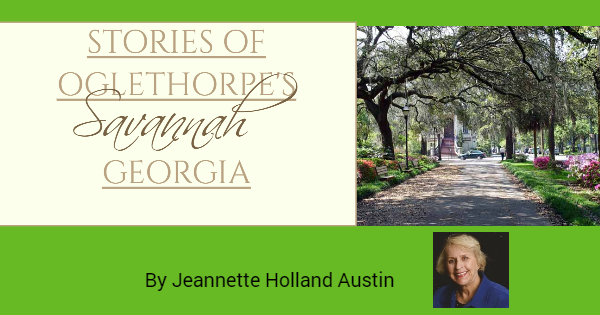
During one of the first voyages to the Georgia Colony, Thomas Causton was appointed the Chief Magistrate of Savannah. His office included overseeing the affairs of the colonists, such as administering estates. However, his actions had a profound impact, as he was accused of retaining personal items of the estates for himself. Over time, his dishonesty became widely known, leaving a lasting mark on the early history of the Georgia Colony.
Causton resided with his wife, Martha, at “Ockstead,” the first plantation in Savannah in a two-story wooden structure situated on a bluff west of the city (now Causton’s Bluff). One of the colony’s trustees’ conditions was planting mulberry trees. Five hundred seedlings were planted in his yard, and after several years, he could earn a little money harvesting the leaves for the silkworm industry.
When the criticisms of Causton’s slippery dealings reached the ears of General Oglethorpe, he embarked on a trip to London to clear his good name.
Upon his return trip in 1742, as his ship neared St. Simon’s Island, it hit a sandbar and sank. All passengers, including Causton, drowned.
Causton may have succeeded in convincing the trustees, but no one knows.
Source: Letters included in History of Colonial Georgia by Candler.